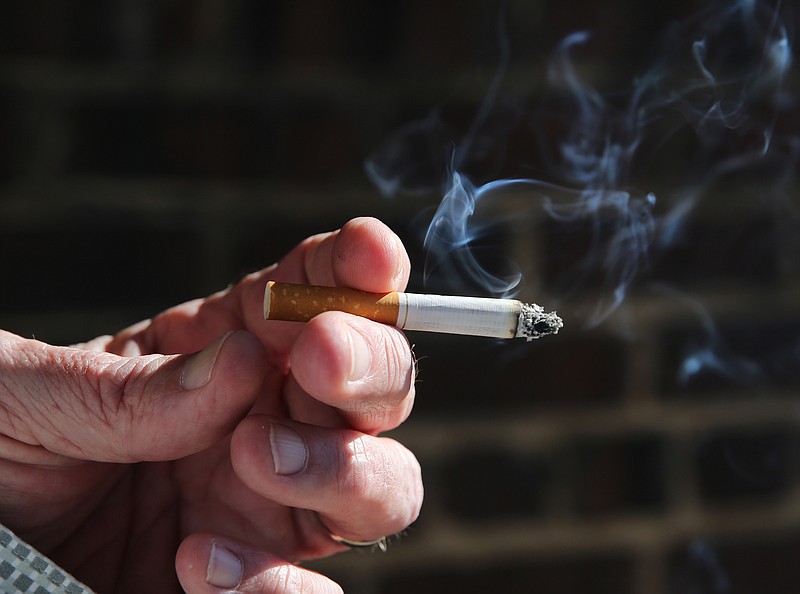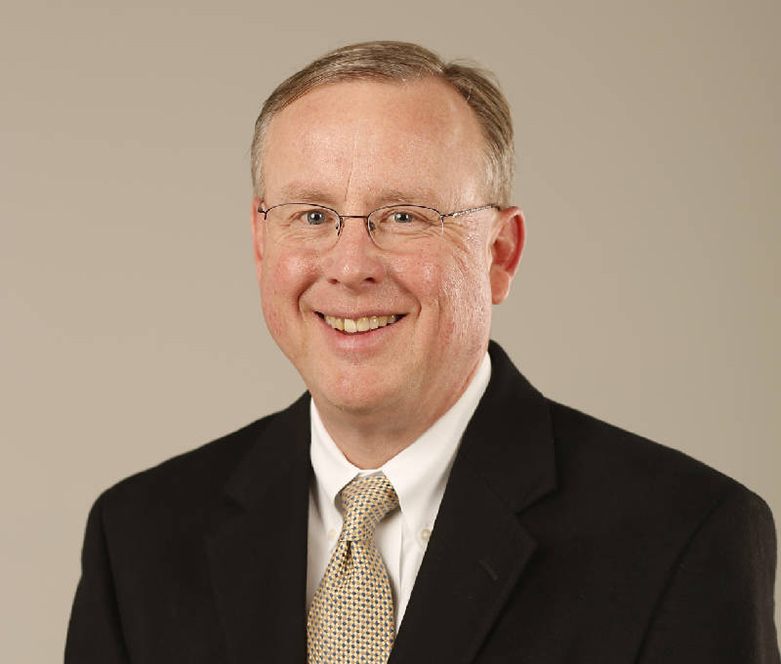Watching comedian Dave Chappelle guest-host "Saturday Night Live" earlier this month, I was mesmerized - and not just because of Chappelle's shocking, 16-minute monologue about American life in the final weeks of 2020.
No, I was transfixed by Chappelle smoking a cigarette on national television.
It has been years since I've seen anybody do that, and I guess I thought it was forbidden. I grew up watching Johnny Carson smoke on "The Tonight Show," of course, but that seems a million years ago.
Chappelle was wearing a suit and tie - like something out of the "Mad Men" wardrobe department - and he would occasionally lean over to puff on a cigarette that was resting in an ash tray on top of a stool.
How odd it looked.
Watching Chappelle, I realized that smoking is no longer a common body language. There are little mannerisms associated with smoking, like how people tap on the barrel of a cigarette to dump the ashes and how they tilt their heads slightly upward to exhale smoke.
For most of my young adulthood, in the 1970s and 1980s, I was a cigarette smoker. I stopped smoking in the early '90s, but today, at 62, I am paying the price with a health condition my doctors say is linked to those long-ago cigarettes. But life is a series of risks and rewards, and during the first half of my life, smoking cigarettes seemed much more of a reward than a risk.
Today, about 34 million Americans smoke, according to the Centers for Disease Control and Prevention, but the numbers go down every year. About 14% of Americans smoke today (closer to 20% in Tennessee, Alabama and Georgia). The CDC says: "Cigarette smoking among U.S. adults has been reduced by more than half since 1964, yet remains the leading preventable cause of disease and death in the United States."
I no longer have nicotine cravings, but I do have nicotine nostalgia. Once in a blue moon, I walk by a person on the street smoking a cigarette and get a whiff of tobacco smoke, which always triggers sensory memories. In some part of my brain I hear a little voice that says, "Hey, back up and smell that."
Nope.
If you are a lifetime non-smoker, it's hard to describe the nicotine addiction. Smoking a cigarette is sort of a push-pull experience. It stimulates and relaxes you all at once. It's oddly like vigorous exercise, that way, but without the health benefits.
I read on the CDC website that smoking "kills more than 480,000 Americans each year." If you are counting, that's about twice as many people as who have died in the United States from COVID-19 in 2020.
I make no judgments about smokers - how I could I? - but I offer this to those of you who can't understand why anyone would refuse to wear a mask during a pandemic.
Free will is powerful thing. Risk is not universally feared.
Some people see life as fragile, short and full of peril. Being cautious and risk averse is not their preferred way to live.
I get that there are many reasons that smoking and anti-masking are not the same.
Remember this though: Smoking is down 50% in my lifetime. But the typical American now eats 3,600 calories a day, about 24% more than in 1961, according to the Pew Research Center.
Risk is like shifting sand.
And human nature doesn't change much - except over time, and then very, very slowly.
Email Mark Kennedy at mkennedy@timesfreepress.com.
View other columns by Mark Kennedy

